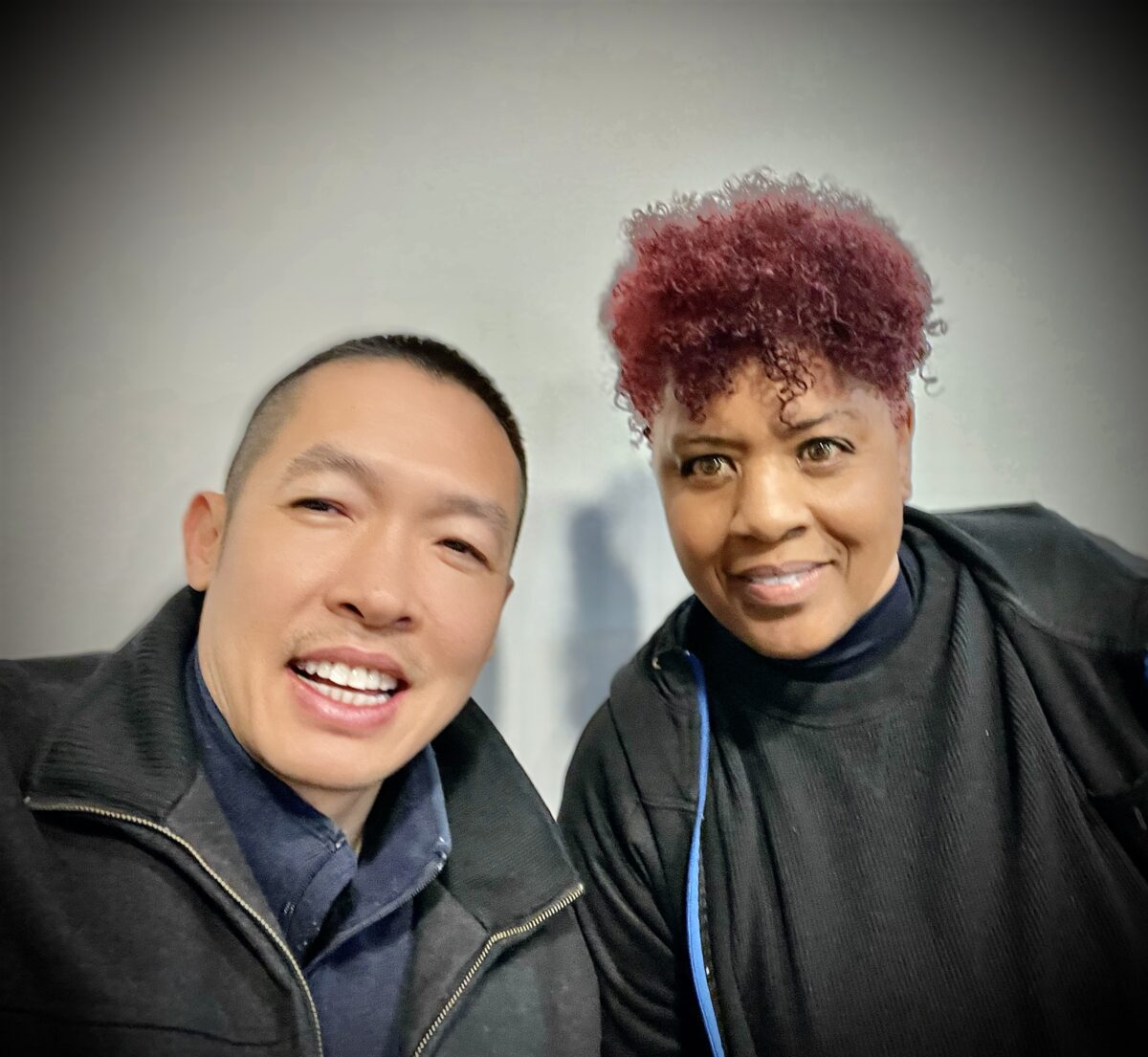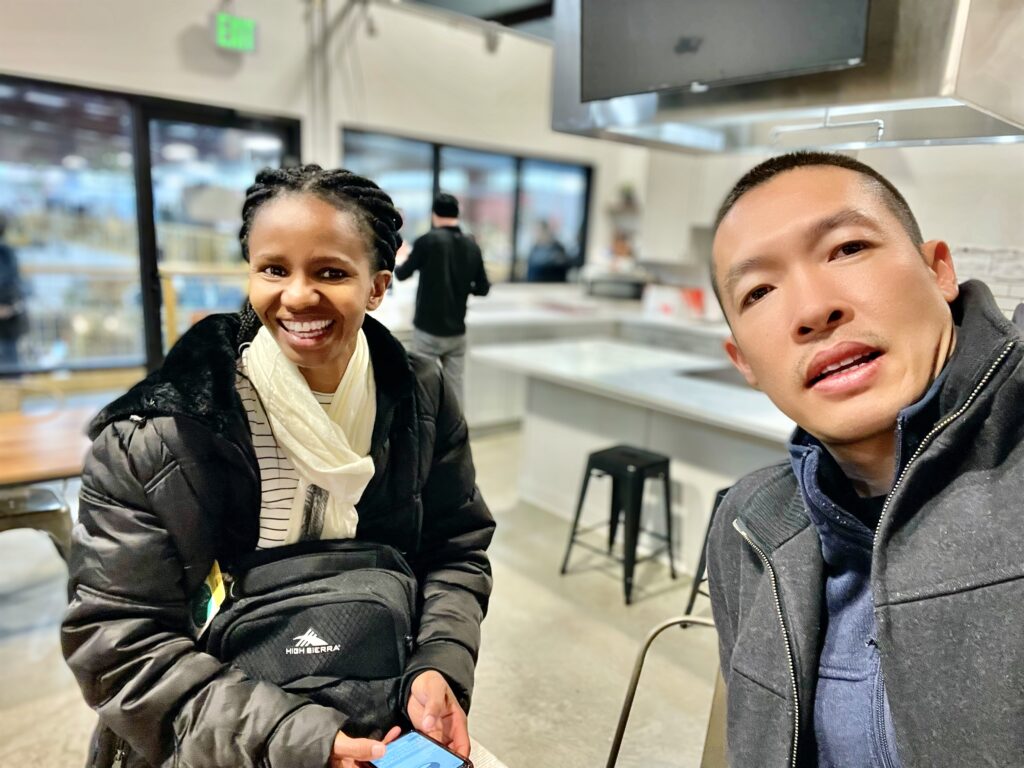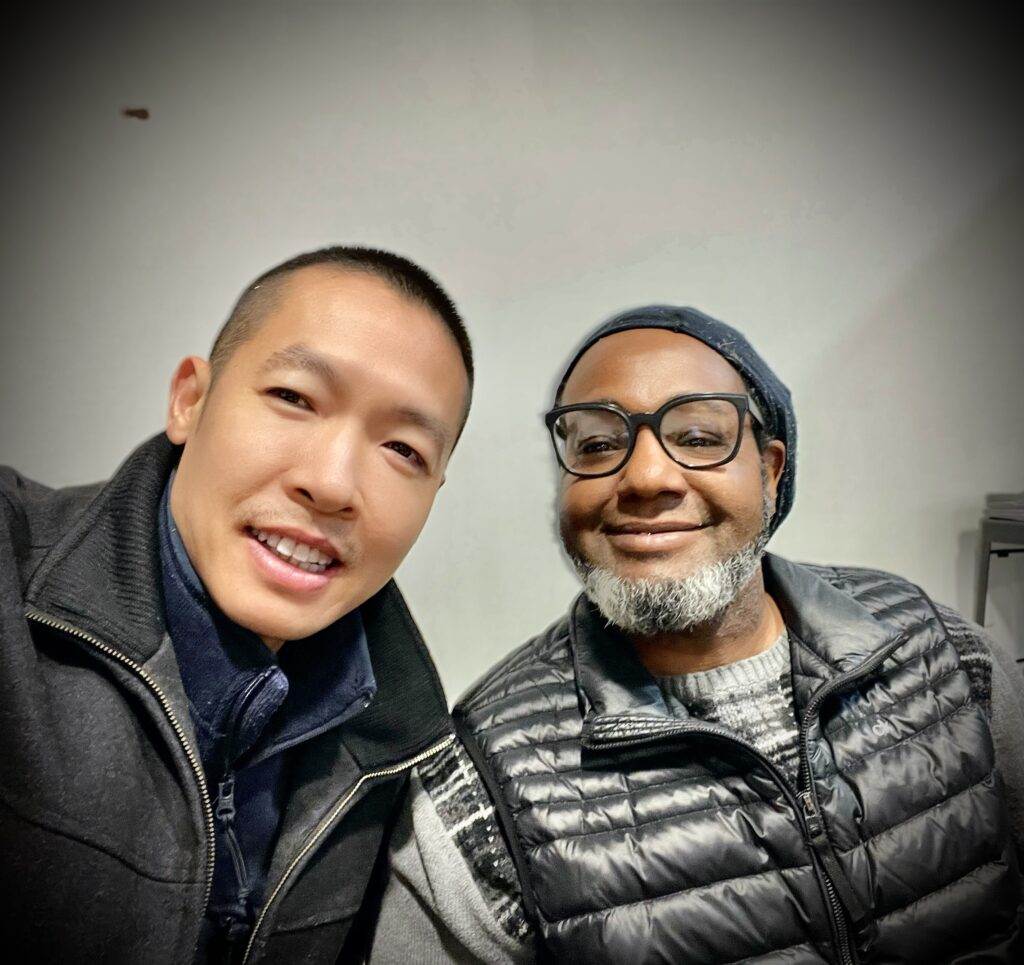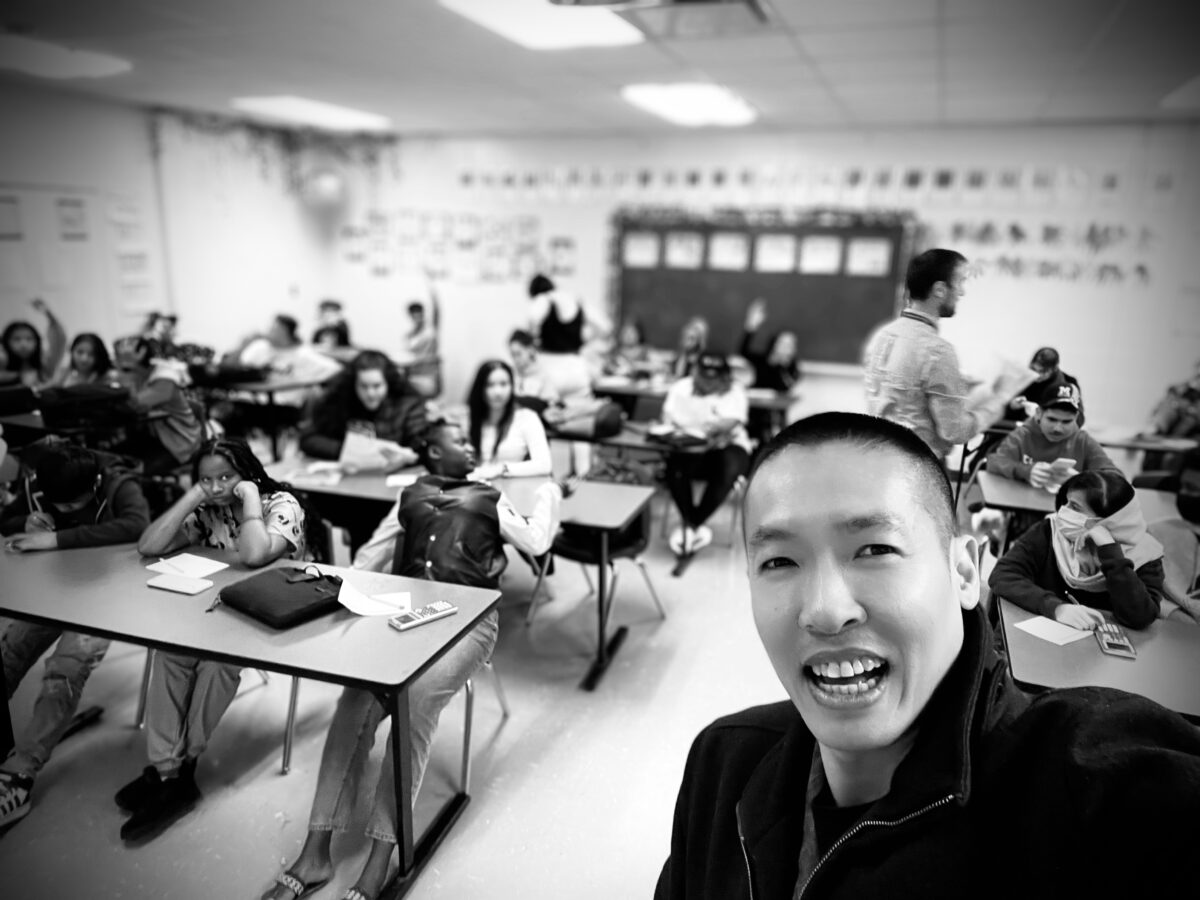The rise of artificial intelligence (AI) and robotics has been one of the most significant technological developments in recent years. While AI and robotics have been around for some time, they are now becoming more accessible and commonplace. Today, AI and robotics are not just for tech-savvy individuals or high-level computer engineers with decades of experience. With advancements in technology and the growing demand for automation, AI and robotics are becoming more accessible to everyday individuals and businesses alike.
A prime example of this is McDonald’s new test restaurant near Fort Worth, Texas. This test restaurant could be the future of fast-food operators. Instead of human workers handing you a bag at the drive-thru, an automatic conveyor belt brings your order to the window. Ordering is done through kiosks or an app, with no human interaction involved.
McDonald’s is not alone in its pursuit of automation. Other fast-food chains and businesses across a range of industries are exploring the use of AI and robotics to improve efficiency, reduce costs, and enhance the customer experience. From automated warehouses to self-driving cars, the future of work is becoming increasingly automated.
The potential of AI and robotics to transform the world of work is immense. They have the power to automate many repetitive, time-consuming tasks, freeing up humans to focus on more complex and creative tasks that require empathy, intuition, and problem-solving skills. However, this shift towards automation raises important questions about the future of work and the role of humans in a world dominated by machines.
The key to successfully navigating this shift towards automation is to focus on the “OTHERS,” as Di Tran, a former Principle Software Architect for a Fortune 50 company and author of “Drop the ME and Focus on the OTHERS” book, has emphasized. This means prioritizing human skills that cannot be automated, such as empathy, creativity, critical thinking, and communication. As machines become more adept at carrying out routine tasks, it will be these human skills that become increasingly valuable in the workplace.
While the rise of AI and robotics may be unsettling for some, it is important to remember that they are tools that can be used to augment human abilities and enhance our lives. The future of work is not a zero-sum game, where humans are pitted against machines. Instead, it is a collaborative effort where humans and machines work together to achieve shared goals.
The future of AI and robotics is here, and it is not just for tech-savvy individuals or high-level computer engineers. As demonstrated by McDonald’s new test restaurant, the potential of AI and robotics to transform the world of work is immense. However, as we navigate this shift towards automation, it is important to prioritize human skills that cannot be automated, such as empathy, creativity, critical thinking, and communication. By doing so, we can ensure that we create a future where humans and machines work together to achieve shared goals.



























